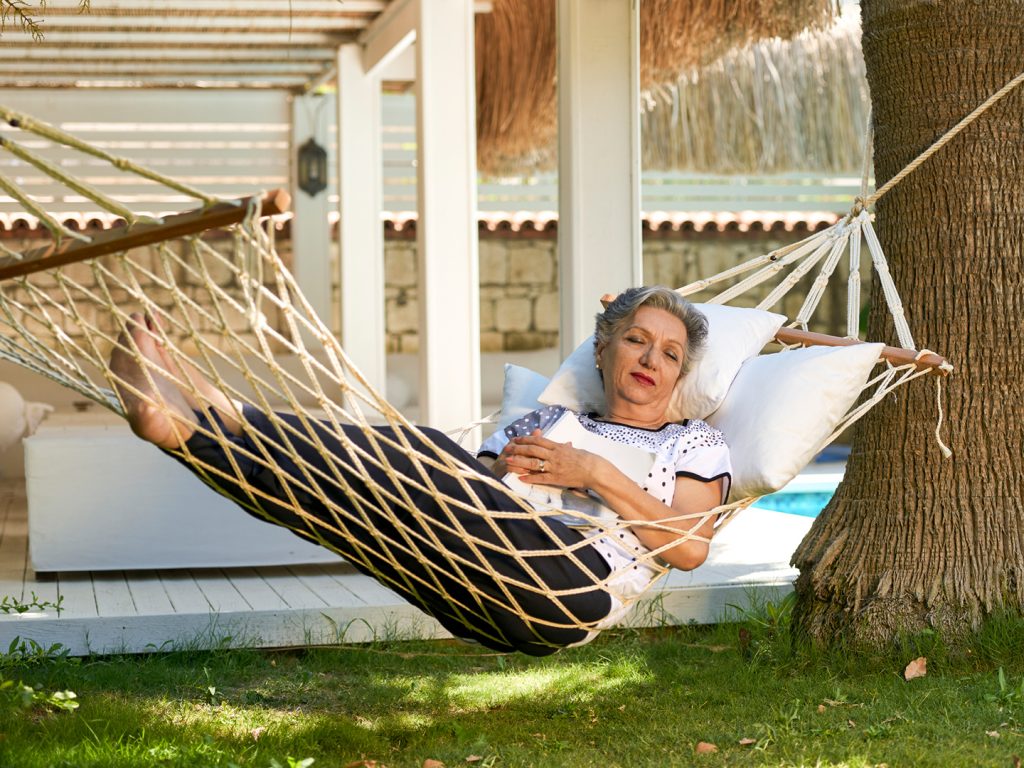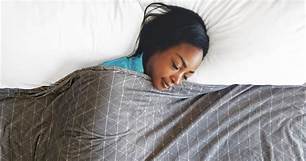Frances Meredith, MD
In the times of COVID, so many nutrients seem to be in the news these days from quercetin to Zinc, to Vitamin D. Overlooked I believe is the nutrient essential for every cell and every process in our body including immune readiness: Magnesium!
Magnesium is a cofactor for over 300 enzymatic reactions, supporting DNA and RNA synthesis, cell growth and reproduction. Magnesium enters the energy cycle as a cofactor in at least 12 different steps in the process, and is essential for the little batteries in every cell, our mitochondria, to transport electrons and create energy. It is necessary for bone growth and strength, stabilizing the cell membrane, and maintaining normal nerve and muscle function.
Magnesium sits within the cell, balancing all of our cells, keeping calcium outside the cell from overstimulating cellular activity in all parts of the body. For example, Mag balances Calcium in the NMDA glutamate receptor, controlling its opening, avoiding “neuroexcitation”. Thus, lack of Magnesium sets the stage for nerve overactivation, hyperexcitability (think chronic anxiety, chronic pain, chronic states of inflammation created by lack of Magnesium). When we are Mag deficient this NMDA glutamate receptor activates. This is good for survival when we are under intense stress, but not something we want to live with on a day in and day out basis.
Low Magnesium can express itself in so many ways including fatigue, muscle cramping/tension, PMS, headaches, especially migraines, constipation, insomnia, tinnitus, brain fog, heart arrhythmias, anxiety and depression, TMJ, ADHD, and blood sugar issues. Sound familiar? If that’s not enough, Magnesium deficiency is implicated in diabetes, osteoporosis, and hypertension. It is a natural “calcium channel blocker” (think drugs that do this such as amlodipine used for hypertension). The lower the Magnesium levels the greater the progression of Alzheimer’s. Fibromyalgia improves with Magnesium treatment. Increasing Magnesium intake is correlated with a decrease in stroke, diabetes, heart failure, fracture risk and all-cause mortality. Sounds like we all need more, yes?
Why are we so deficient? The answer lies both in the disruption of our food chain and the breakdown of our food choices. The soil is now deficient in Magnesium due to lack of crop rotation, pesticide use and overproduction; in addition, the use of fertilizer heavy in nitrogen and phosphate blocks the plants’ ability to absorb Magnesium. Further, as foods are processed, Magnesium is leached out. The end product: less for us.
Testing for Magnesium is easy, with red blood cell levels being the most accurate form of testing. Body signals, however, are much more important than a test result. Symptoms such as myofascial and muscular tightness/tension/cramping, sluggish bowels, and low energy point to low Magnesium and a trial of Magnesium is warranted even without checking a blood level.
So how can we optimize Magnesium for all of the cells in our body to “sing”? It is clear that plant-based Magnesium is much more effective than the mineral in supplement form. This is due to the fact that Magnesium is at the heart of chlorophyll, responsible for the green pigment in our green foods. Plant based Magnesium is very absorbable and is already charged, essential for its function. The big winners for high magnesium are pumpkin seeds, spinach, almonds and cashews. This great link from Cleveland Clinic lists the magnesium content of many foods.
https://my.clevelandclinic.org/health/articles/15650-magnesium-rich-food
Magnesium in supplement form can be very helpful, and must be attached to a “chelator” to get across the intestinal border. They are best taken with food to improve stability. Magnesium comes in forms including glycinate, citrate, theonate, asparate, orotate, and oxide, with different benefits associated with the specific chelators.
For example, the Mag oxide form is only minimally absorbed and very unstable, drawing water into the intestinal tract, helpful for severe constipation or impaction but not helpful to get Magnesium into cells elsewhere in the body. In contrast the Magnesium glycinate is more stable, better absorbed and better for anxiety or insomnia. Mag citrate is helpful for intestinal motility/constipation as well as energy as it plugs directly into our “Krebs cycle” to create energy.
In addition, optimal intestinal absorption is necessary, with Magnesium absorbed mostly in the ileum of our small intestines. Therefore, if things go awry in the ileum, our ability to absorb Magnesium (as well as other nutrients) will be impacted (think leaky gut, small intestinal bacterial or fungal overgrowth).
Sounds like most everyone would be better off with a little more Magnesium! If any of the above-mentioned symptoms or conditions apply to you, your functional medicine provider at Carolina Total Wellness would be most happy to discuss this with you.
Your Partner In Health

Frances T. Meredith, MD













